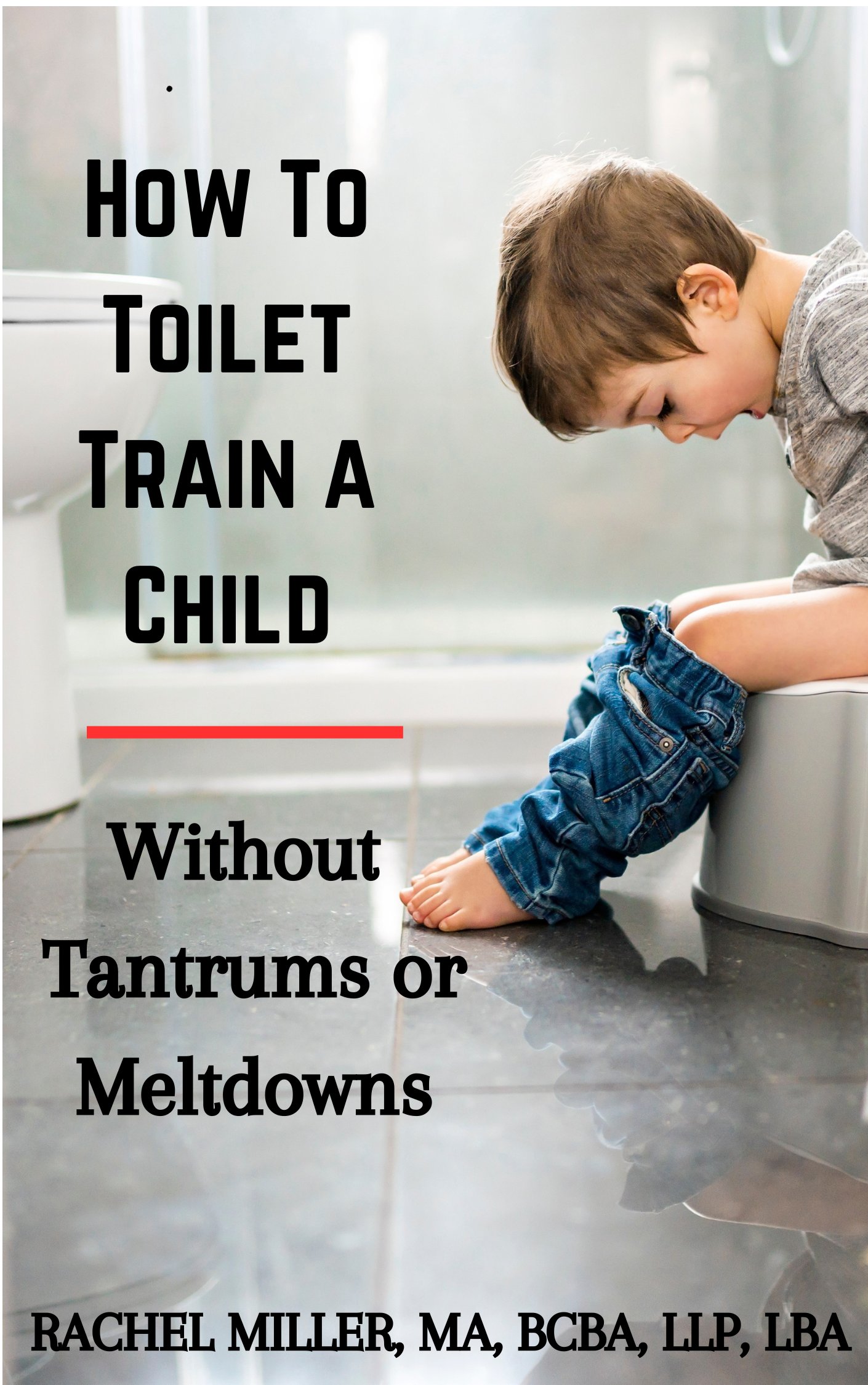Every child adds unique value to our world
Feeling Sorry for My Child
Question: I have always been an over-anxious, over-protective Mom who catered to my child's every need. She is soon to be 5 and over the past year I have worked hard to change my behavior and set limits with good results.
Recently, she was assessed as having SPD and now I'm more anxious and more protective than ever. I feel sorry for her, I'm not sure how to act or address things.
She's been having trouble making and keeping friends at school and the teachers say it's because she acts like the "victim" and feels sorry for herself when the kids don't do what she wants or upset her in anyway. I know she's picking up a lot of this feeling sorry for herself from me.
I just don't know how to help her not feel like a victim, and to help myself not to think of her as a victim and feel sorry for her. This is all very new to me. I don't know much about this disorder and how it affects her behavior.
Thank you so much!
Jean
Answer: I know that having a child with sensory processing disorder (SPD) can be very frustrating and confusing, but it is really important for her to not feel that this is something that makes her less able than others.
Many children with SPD tend to be more sensitive than others and their feelings get hurt more easily,
Try focusing on all of her strengths and whenever she is faced with a situation that you want to feel sorry for her, remind her and yourself of what these things are. You don't necessarily have to avoid giving her affection at these times when she is most vulnerable, but avoid making comments that seem to justify the way she is behaving.
Say things like, "That's okay, let's find something else to do instead." Give her a hug and engage her in a new activity. You might try having some play dates to model this.
You might also try getting her to do things you want when you play with her to help her practice these social skills, so that she doesn't learn that playing means always doing what she wants to do.
Then if she gets upset and doesn't want to do what you want say, "When you play with someone you have to take turns picking what to do. So, why don't we do this for a little bit and then we'll do what you want." You may even try using a timer. The more you do this the easier it will be for you and her in future situations. Good luck!
Return to Behavioral Questions page
Return to Home page
If you haven't already, be sure to check out my ebooks, now on Amazon!

